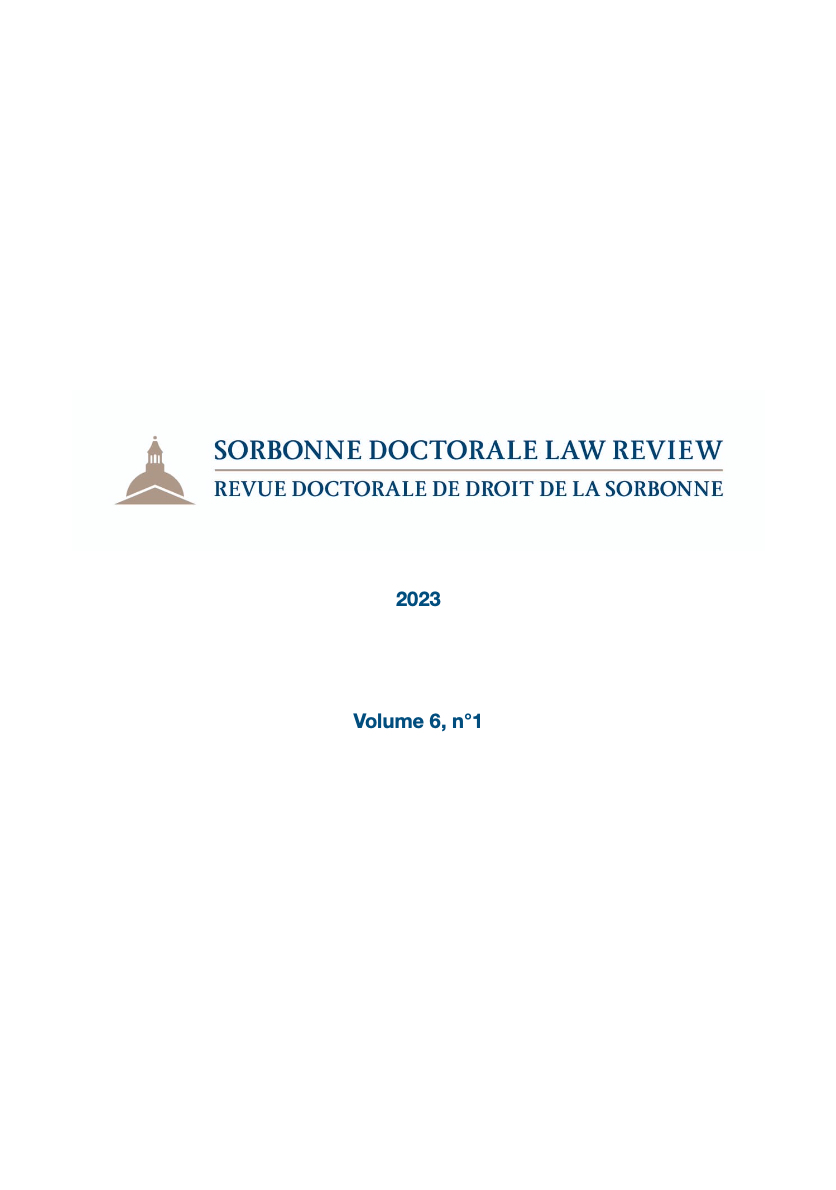Abstract
The majority of aircraft are acquired on leasing agreements where the financial burden is on the lessor because such agreements involve financing of heavy equipment for the lessee. Therefore, to ensure that the lessee fulfils his obligation towards the payment of lease, Hell or High-water clause is drafted in the contract. This enforces payment by the lessee to the lessor irrespective of any circumstantial change which makes it difficult for the lessee to pay. However, due to the pandemic, the airline industry is suffering from a severe cash crunch as a result it has become difficult for them to honour their upcoming contractual obligations. The airline companies are debating to invoke Force Majeure in these contracts to avoid liability for non-performance, but considering the nature of such contracts and the legal principles adopted in Private International Air Law, taking such measures might pose several challenges. Therefore, this paper proposes the application of Hardship codified in the UNIDROIT Principle of International Commercial Contracts so that airlines can renegotiate the contract with the lessors and avoid liability for delayed or non-performance of the contract instead of completely avoiding their contractual obligation by invoking Force Majure. This will provide breathing space to the lessee and also ensure his obligation towards the lessor is maintained during the pandemic thereby ensuring the lessor is financially safeguarded.

This work is licensed under a Creative Commons Attribution 4.0 International License.
Copyright (c) 2023 Sorbonne Student Law Review - Revue juridique des étudiants de la Sorbonne

